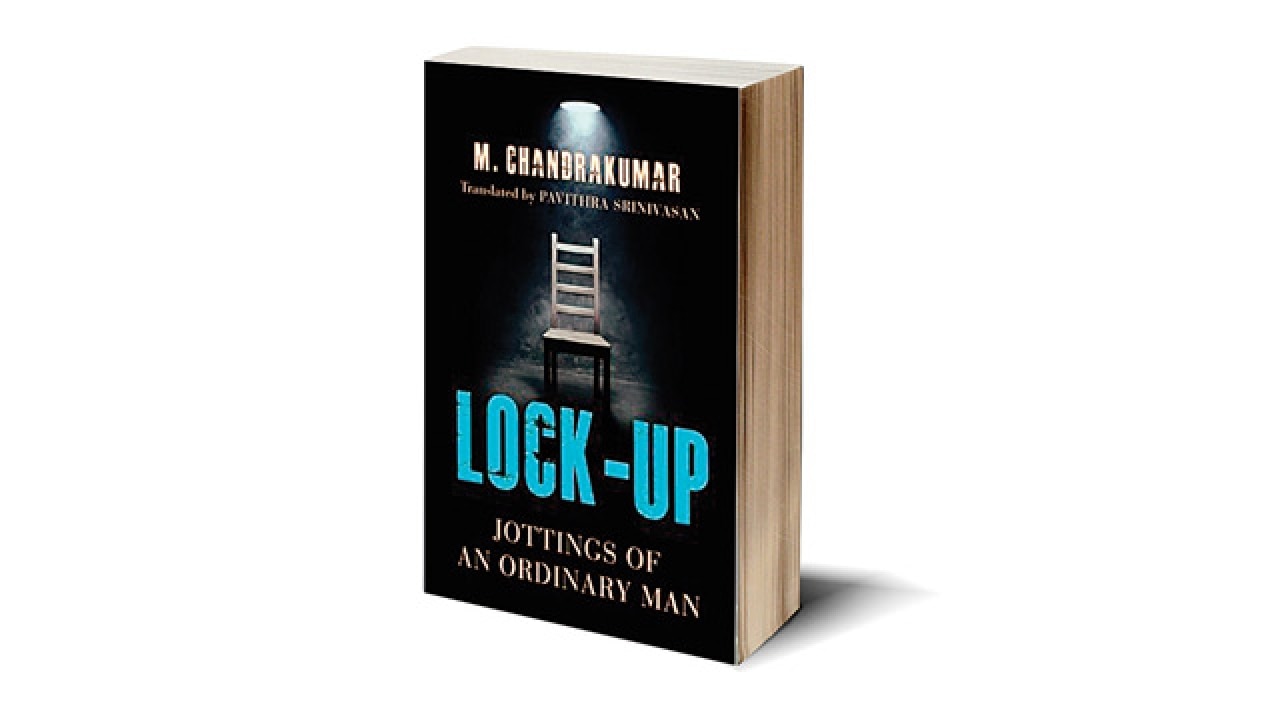
'Lock-Up: Jottings of an Ordinary Man is a first person account by a Coimbatore-based auto driver M Chandrakumar who was brutally tortured and maimed inside a prison on a 'case of doubt'.
The incident happened about two decades ago when Chandrakumar, in his 20s, was working at a tea shop in a village in the Guntur region of Andhra Pradesh after running away from his home in Madras. Like many others, he lived alone and had found a few friends in other immigrant workers in the area. They were engaged in a series of manual jobs including driving rickshaw, working in hotels, and lugging sacks on their backs. They would sleep on street near a mosque but the movie-lovers that they were often dreamed of transforming into a hero someday. Even as their work wound up at ten in the night, they would stay up past midnight lost in conversations.
They were living an ordinary life until four of them were picked by the police in a burglary case.
While the author and his friends repeatedly refuted the charge of any involvement in the case, their voices went unheard and instead brought wrath on them. They were brutally tortured for 13 days before being imprisoned for around five months.
The 160-page novel on police brutality inside a cell also sheds light on how daily workers with no family or recourse to redress are taken into custody and asked to surrender. The continuous torture eventually breaks down their spirit. They find it's easier to "confess'' than be beaten to death or be left in a crippled state on railway platforms.
Chandrakumar questions the basic human rights for prisoners during interrogation. He writes about the quality of food, which was served only once a day, and the 10*10 feet cell that housed so many prisoners that it became impossible to move without touching each other. The room, at one point, had so many people that sweat could be seen flowing on the floor, he writes.
The book not only describes the atrocities faced by people like him and others marginalised, but serves to highlight their vulnerabilities, raising several questions about one's rights. The book, originally published in Tamil in 2006, was translated in English by journalist-editor Pavithra Srinivasan. There is also a movie titled Visaranai based on the novel, which won the Best Feature Film in Tamil at the 63rd National Film Awards, premiered at the 72nd Venice International Film Festival and was India's official entry for the Best Foreign Language Film at the 89th Academy Awards.